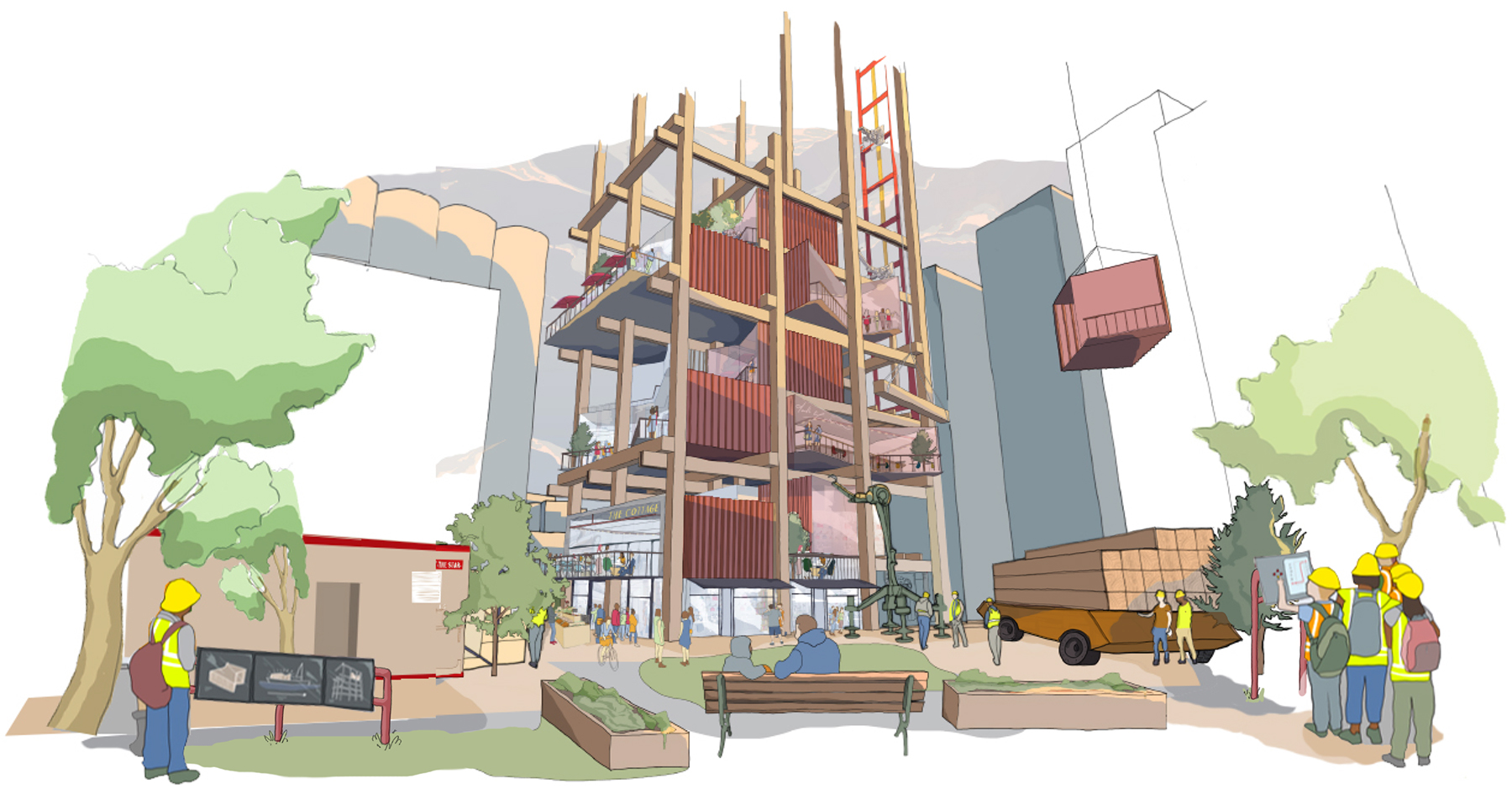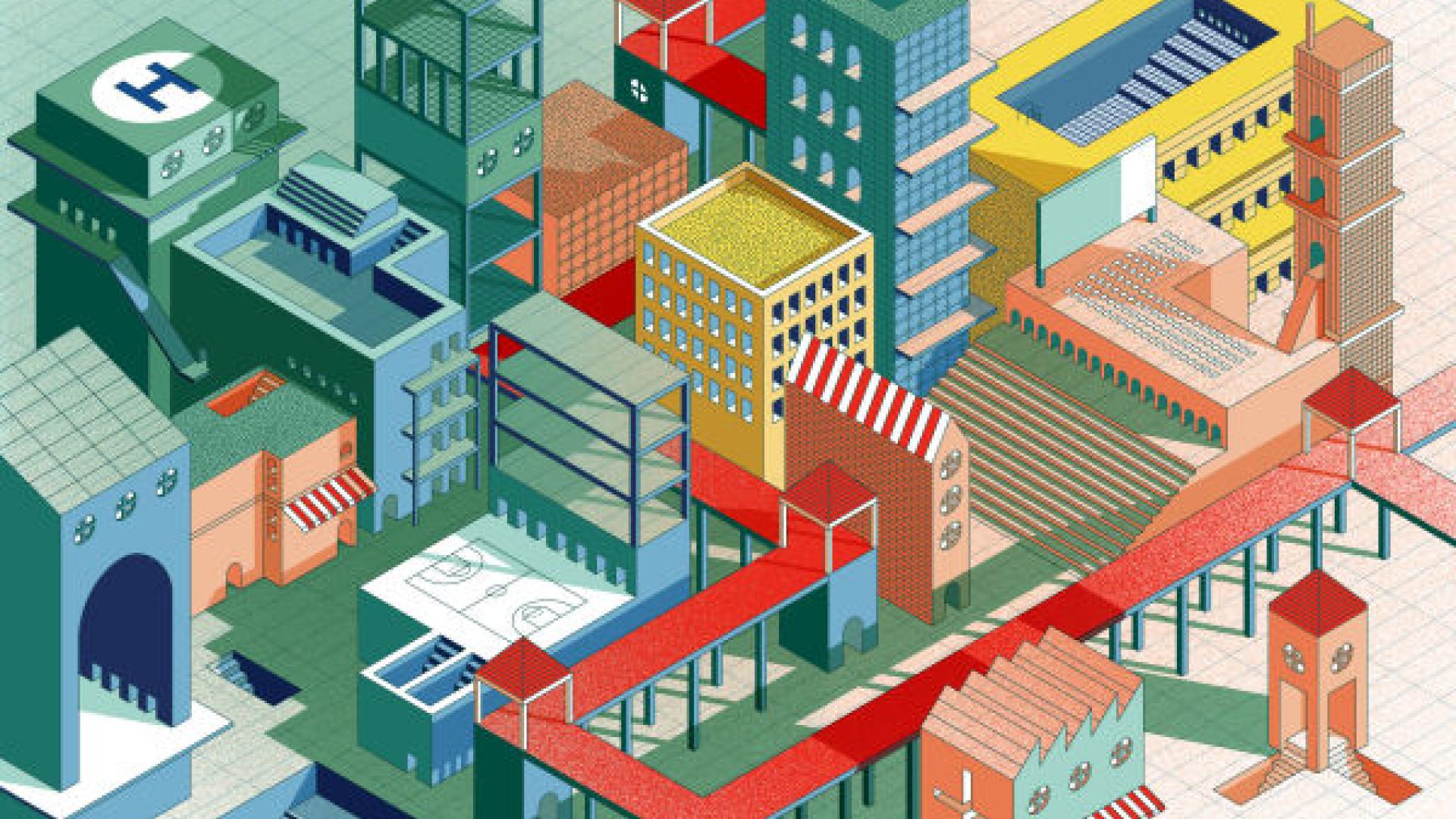On the Sidewalk Labs website explaining its vision for a smart neighborhood in Toronto. It's packed with illustrations that show a warm, idyllic community full of grassy parks, modular buildings and underground tunnels with delivery robots and internet cabling inside. The text describes "a truly complete community" that's free of cars and committed to reducing its carbon footprint. Underpinning everything is a network of sensors that can monitor noise, traffic and pollution, collecting the troves of data required to understand and improve the city's design.

The project started with an email sent by Eric Schmidt, Google's then executive chairman, to Dan Doctoroff in 2014. The subject line read, "The City of the Future." Doctoroff was the head of Bloomberg LP, an umbrella company for its terminal business, news wire service and journalistic ventures. Previously, he had worked with Michael Bloomberg as New York's deputy mayor for economic development and rebuilding. Schmidt wanted to know if Doctoroff would meet Google co-founders Larry Page and Sergey Brin and listen to their thoughts on smart cities.
At the time, Google was working on its smiley face self-driving car. Behind the scenes, however, the company was having broader conversations about technology and how it could be used to improve urban life. Page and Brin were enthusiastic but knew they needed a specialist, or some kind of leader, who understood cities as much as technology. Their conversations with Doctoroff were fruitful, and in the summer of 2015, Sidewalk Labs was announced to the world. "Every time I talk with Dan I feel an amazing sense of opportunity because of all the ways technology can help transform cities to be more livable, flexible and vibrant".
Two months later, Google announced Alphabet, a new business structure that made Google a subsidiary and its many moonshot projects, including delivery drones and life extension, standalone businesses. Sidewalk Labs was "a new company" from the start, but this corporate shuffle solidified its position as a long-term, experimental bet. Read full article..
